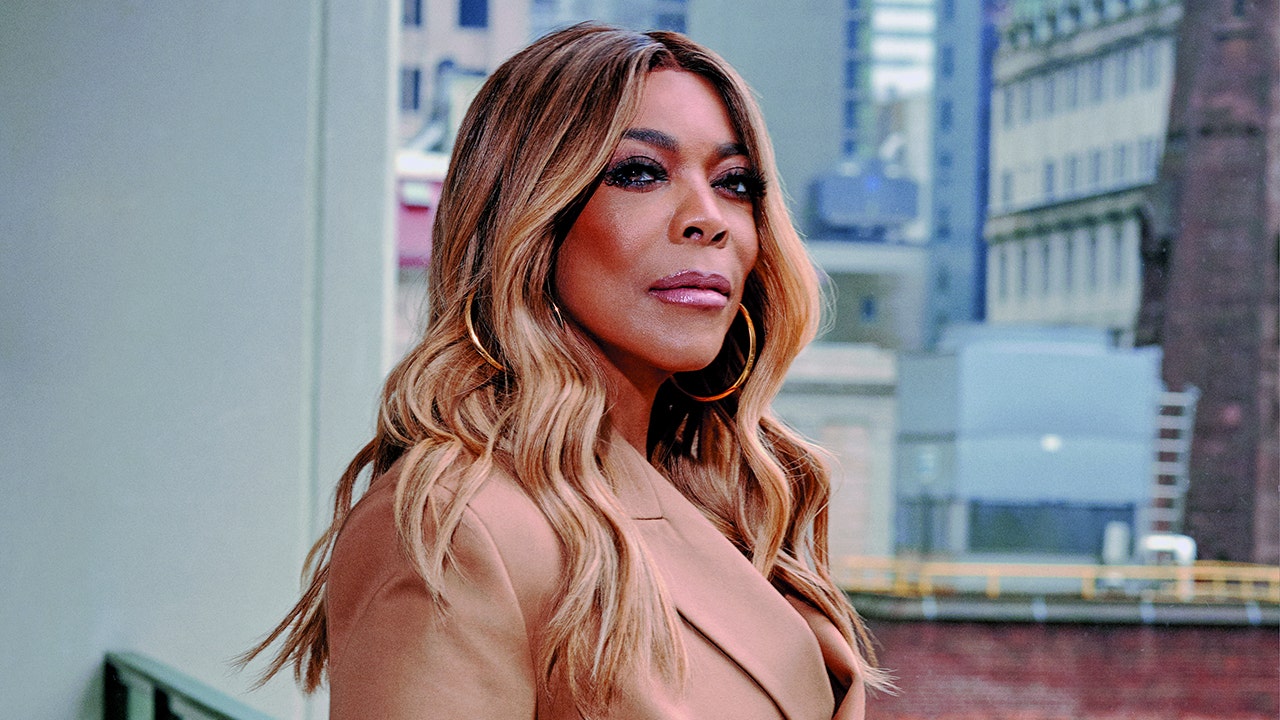Organic Seafood Is Pretty Much Just A Myth
When it comes to organic food, consumers are increasingly concerned about the quality and environmental impact of their food choices. However, when it comes to seafood, the notion of organic options becomes murky and questionable. Despite claims and labels that may suggest otherwise, the truth is that organic seafood is pretty much just a myth. In this article, we will explore the reasons behind this misconception and shed light on the reality of the seafood industry.
The Misleading Labeling
One of the main reasons why organic seafood is essentially a myth is the lack of standardized regulations and certifications in the industry. While organic certifications exist for land-based farming practices, such as produce and livestock, similar standards have not been established for fisheries and aquaculture operations. This lack of oversight allows companies to take advantage of consumers’ desire for organic products by using misleading labels that are not backed by any credible governing body.
The Environmental Impact
Another aspect that makes the concept of organic seafood a myth is the inherent environmental impact of fishing and aquaculture. The oceans, where most seafood is sourced, are complex and dynamic ecosystems. Large-scale fishing operations often damage delicate marine habitats, contribute to overfishing, and disrupt the balance of marine life. Even in aquaculture, where fish are farmed in controlled environments, the reliance on fishmeal derived from wild-caught fish still has detrimental effects on the overall sustainability and eco-friendliness of the industry.
The Complexities of Organic Certification
Even if a governing body were to establish standards for organic seafood, the complexities of certifying it as organic would pose significant challenges. For instance, in order for fish to be considered organic, their feed would need to be organic as well. However, fish in the wild do not have controlled diets, as they feed on a variety of organisms and plants within their ecosystem. Similarly, farmed fish are typically fed diets composed of conventional fishmeal, making it nearly impossible to claim that the end product is truly organic.
The Ethical Concerns
When discussing organic seafood, it is important to consider the ethical implications of such labeling. Many consumers choose organic products because they believe it aligns with animal welfare and humane practices. However, seafood production, whether wild or farmed, does not typically meet these standards. Wild fish face immense stress during capture, which can lead to injury or even death, while farmed fish often live in crowded conditions, susceptible to disease outbreaks and poor water quality.
Sustainable Alternatives
While the concept of organic seafood may be unsustainable and illusory, there are sustainable alternatives that consumers can choose to support instead. Organizations such as the Marine Stewardship Council (MSC) and Aquaculture Stewardship Council (ASC) certify seafood products that adhere to strict sustainability criteria. By looking for the MSC and ASC labels, consumers can make more informed choices and support practices that prioritize the long-term health of our oceans and seafood resources.
The Bottom Line
As consumers, it is crucial to be aware of the marketing tactics and misconceptions surrounding seafood labeling. While organic seafood may appear as an attractive option, the truth is that it is pretty much just a myth. The lack of standardized regulations, environmental impact, difficulties in certification, ethical concerns, and the availability of sustainable alternatives all contribute to this conclusion. By educating ourselves and making informed choices, we can help promote a more transparent and sustainable seafood industry.
*Source www.foodrepublic.com




































